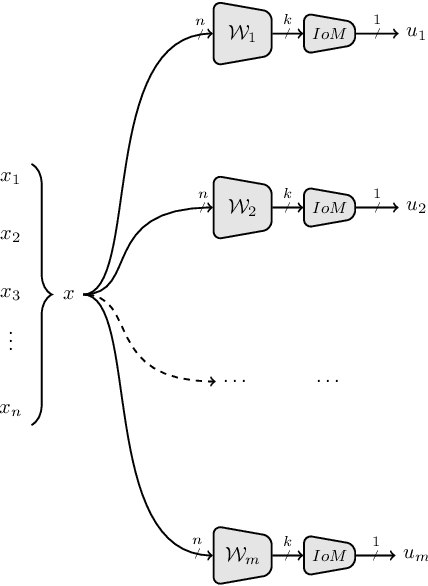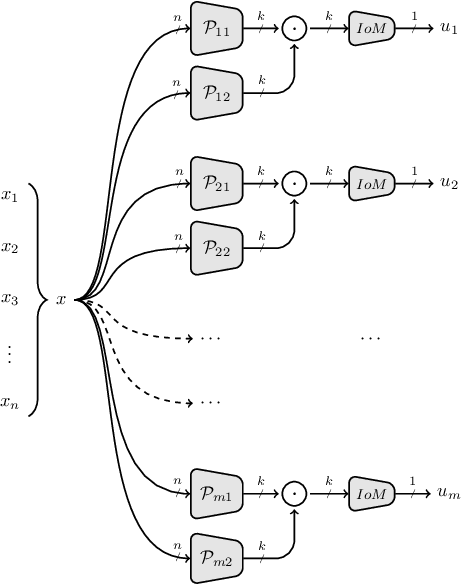Patrick Lacharme
Cryptanalysis of Cancelable Biometrics Vault
Jan 10, 2025Abstract:Cancelable Biometrics (CB) stands for a range of biometric transformation schemes combining biometrics with user specific tokens to generate secure templates. Required properties are the irreversibility, unlikability and recognition accuracy of templates while making their revocation possible. In biometrics, a key-binding scheme is used for protecting a cryptographic key using a biometric data. The key can be recomputed only if a correct biometric data is acquired during authentication. Applications of key-binding schemes are typically disk encryption, where the cryptographic key is used to encrypt and decrypt the disk. In this paper, we cryptanalyze a recent key-binding scheme, called Cancelable Biometrics Vault (CBV) based on cancelable biometrics. More precisely, the introduced cancelable transformation, called BioEncoding scheme, for instantiating the CBV framework is attacked in terms of reversibility and linkability of templates. Subsequently, our linkability attack enables to recover the key in the vault without additional assumptions. Our cryptanalysis introduces a new perspective by uncovering the CBV scheme's revocability and linkability vulnerabilities, which were not previously identified in comparable biometric-based key-binding schemes.
* 17 pages, 4 figures
A Cryptanalysis of Two Cancelable Biometric Schemes based on Index-of-Max Hashing
Oct 04, 2019



Abstract:Cancelable biometric schemes generate secure biometric templates by combining user specific tokens and biometric data. The main objective is to create irreversible, unlinkable, and revocable templates, with high accuracy in matching. In this paper, we cryptanalyze two recent cancelable biometric schemes based on a particular locality sensitive hashing function, index-of-max (IoM): Gaussian Random Projection-IoM (GRP-IoM) and Uniformly Random Permutation-IoM (URP-IoM). As originally proposed, these schemes were claimed to be resistant against reversibility, authentication, and linkability attacks under the stolen token scenario. We propose several attacks against GRP-IoM and URP-IoM, and argue that both schemes are severely vulnerable against authentication and linkability attacks. We also propose better, but not yet practical, reversibility attacks against GRP-IoM. The correctness and practical impact of our attacks are verified over the same dataset provided by the authors of these two schemes.
 Add to Chrome
Add to Chrome Add to Firefox
Add to Firefox Add to Edge
Add to Edge